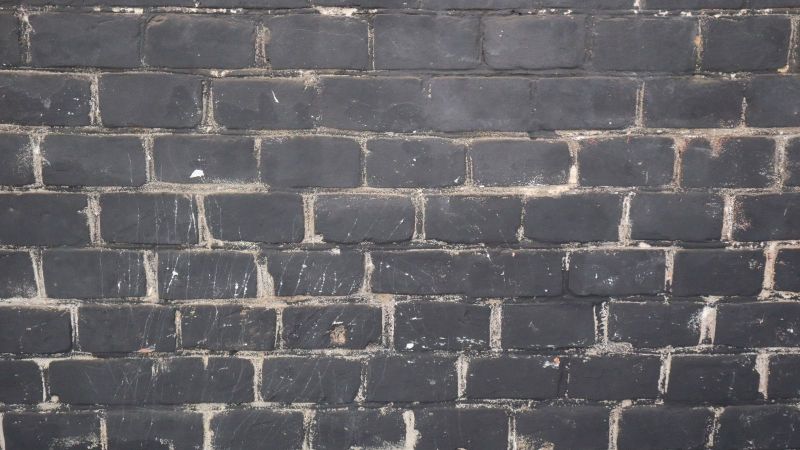A fire has destroyed your home in a devastating blaze. Sadly, you could also not salvage your precious personal possessions or documents. You must now take the necessary steps to recover from this tragedy and begin the rebuilding process. Brick, hardwood floors, and drywall may also have been affected. If you do not take the proper steps to remove soot from brick, it will become a home for mold and mildew. Here are some tips on how to remove soot from brick after a fire, combustible construction materials, and drywall
The first step you'll need to take is to get rid of any materials that may have caught fire or melted during the blaze, and then make sure you replace any walls that were damaged by the flames or water used to put out the fire. If you've already cleaned all of these materials, you'll need to assess the damage caused by the fire. Start by removing any ceiling tiles that may have melted or been burnt. If you see wooden beams from the ceiling, remove them and replace them with new wood beams to prevent any further damage
Next, remove anything that's around 1/4-inch thick or thinner. The only exception is if it's made of metal because if it has a central cross-section that's wider than 1/4 of an inch and has reinforcement material, then you will need to leave that in place. After all, it's protecting a major structural component that was fire damaged and will cause problems when removed. You'll also need to ensure that any doors that used to open to the outside are replaced with new ones
This is because the fire may have caused them to close on themselves, and they may not be able to be opened anymore. Once you've removed all of these items, you must ensure the building has been cleaned and inspected. It would help if you confirmed that the structure still has a defensible space around it and is still watertight. A secure area is necessary for a fire evacuation route and for your home to be classified as habitable after a fire occurs. So you will go around the perimeter of the house and make sure all doors are labeled and any windows or other openings to the outside are labeled
You need to ensure that anyone in your home knows how to evacuate it if a fire should occur safely. Make sure that all the exterior doors to your home have automatic sprinkler systems installed on them as well as smoke detectors. A fire in a home can be very destructive and hard to fix, but with a bit of hard work and dedication, you can get through this difficult time right after a fire has occurred
So now that you're sure your structure has been inspected and is safe, the next thing to do is to ensure it continues to be safe. Although fires can be a natural part of life, it's possible for fires that occur in homes to start and spread very quickly. Keeping your home fire safe will help prevent many more tragedies from occurring. The most common cause of home fires is heat from cooking or burning candles. Also, not having batteries in smoke detectors can help prevent them from working when there's a fire
To ensure you're doing everything you can to protect your home, you must have a fire alarm system. These alarms alert the residents of the building in which the fire is occurring so they can get out safely. The one thing you need to remember with a fire alarm system is that if installed correctly, it will not help or save anyone in the very early stages of a fire. In fact, in some cases, if the system needs to be fixed, it could cause more damage than a fire would if it were not checked
You have made the time to clean up your home, remove debris and absorb the shock of a fire. Back to work … gathering your belongings, regrouping, repairing damage, reorganizing, and planning. Ensure all documents that must be kept are protected from any outside elements by storing them in waterproof materials such as plastic containers or freezer bags. Please also know that drywall damaged by water or smoke will need to be replaced if you can't salvage what you need with similar materials. Brick walls will be covered with a thin layer of soot; once removed, they will be safe again.

